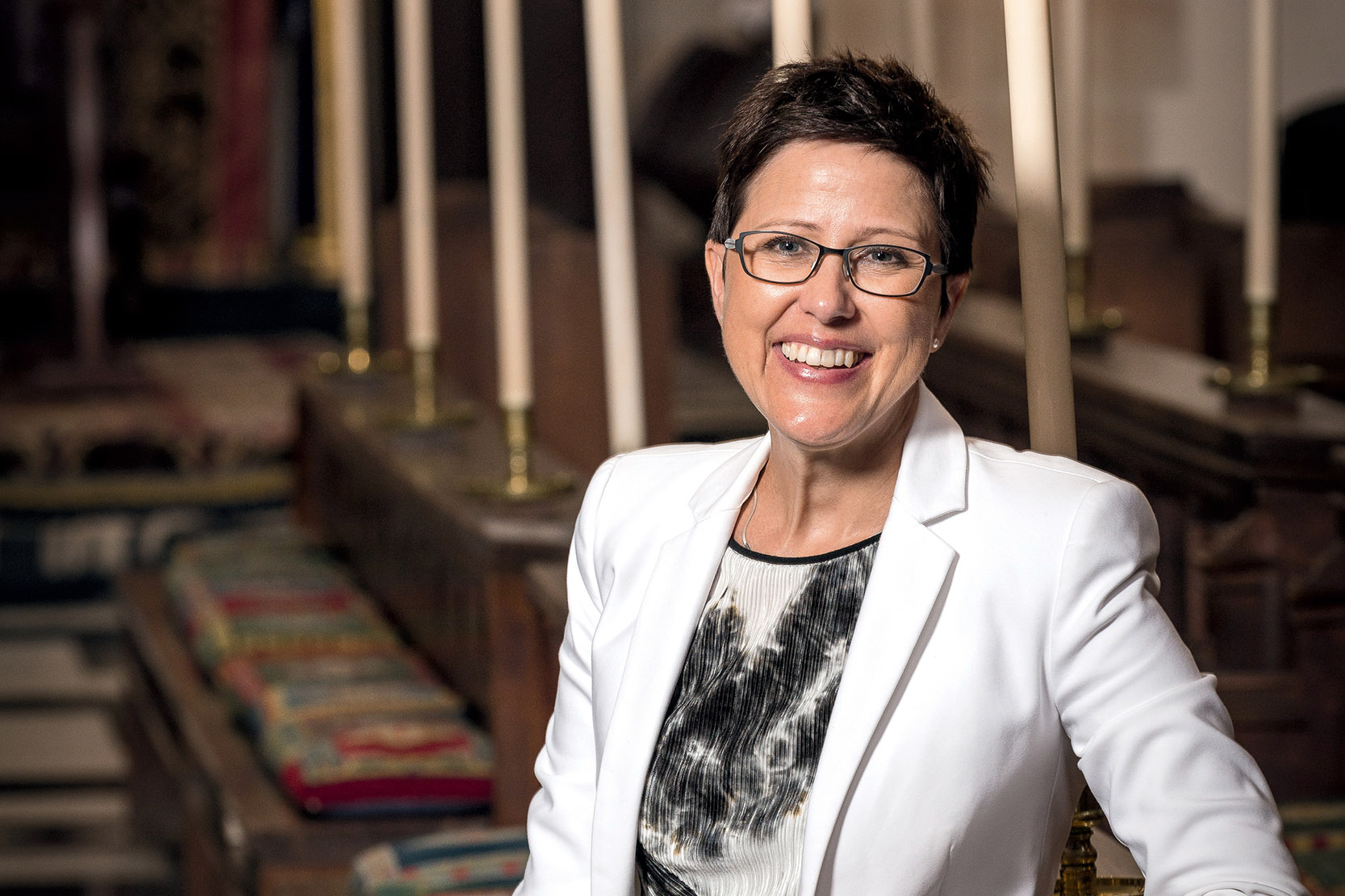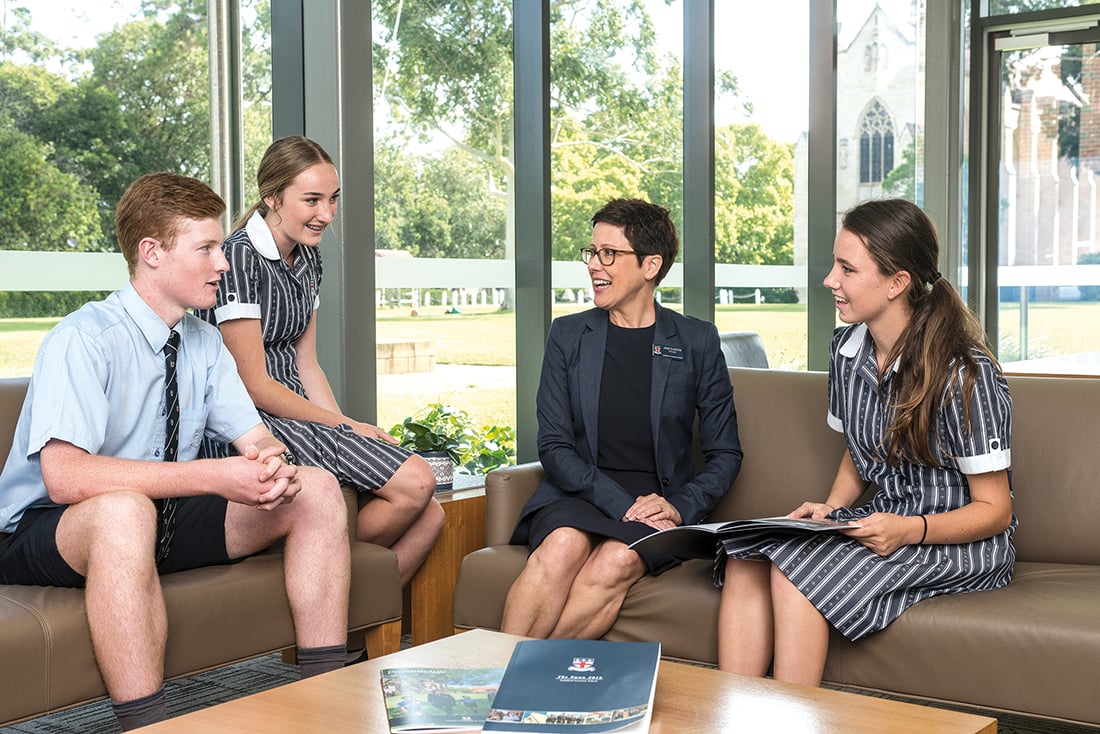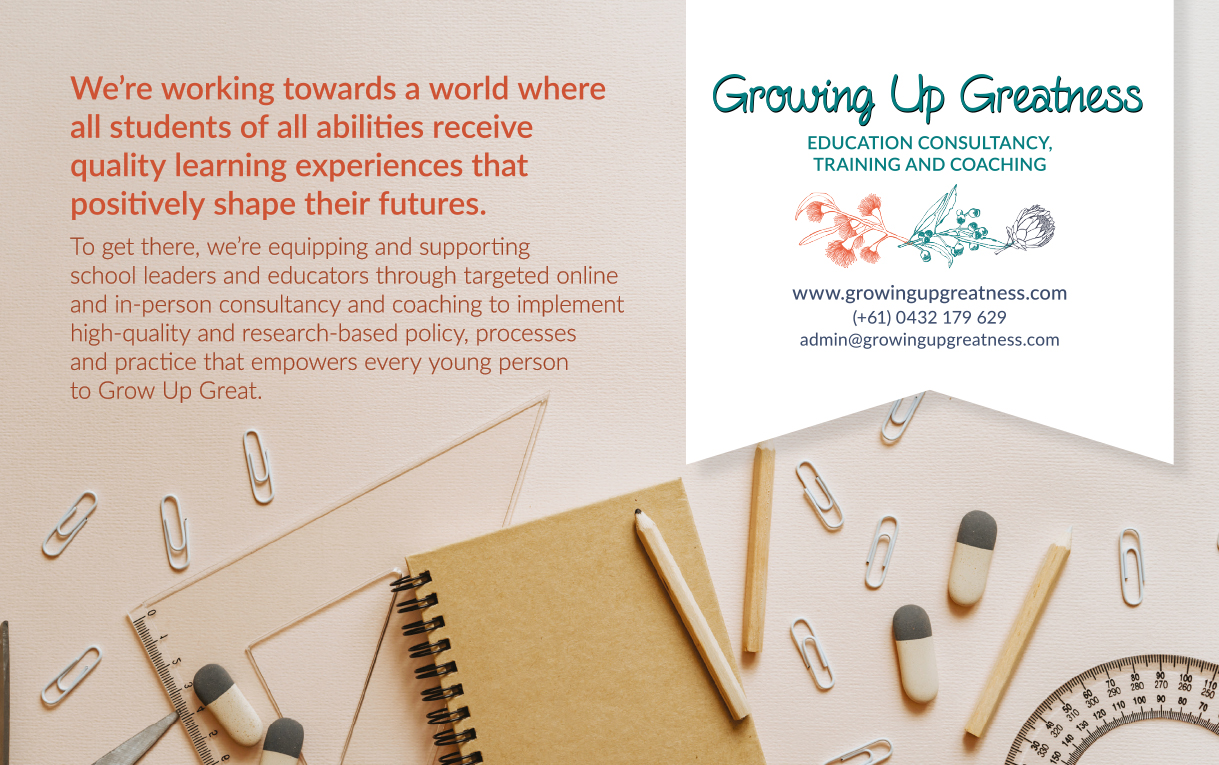Set across 100 hectares of the picturesque countryside along the banks of Western Australia’s Swan River, Guildford Grammar School is desirable for more than its campus. The 125-year-old independent day and boarding school has a rich and diverse culture. Children come from all around the state, interstate and overseas to be students.

Principal Anne Dunstan recognises that those in the school’s community are privileged to participate, but refutes the idea that it should give them a sense of entitlement. “We have a strong purpose statement that focuses on our young people becoming outstanding citizens who work to create a just, loving and peaceful society,” she explains.
“The language around being kind, compassionate and peaceful, and promoting diversity and inclusivity permeates everything we do, every single day. I’ve only worked in a few schools where you can honestly say that your purpose and your mission is truly lived, but I really do feel that at this school.”
For as long as she can recall, Anne has wanted to be a teacher. “I don’t remember having grand plans to be anything else,” she reflects. “From a young age, I was teaching my teddy bear with my blackboard at home. I was passionate about history and literature at school, and I could think of nothing better than being teacher of history for the rest of my life.
“But I wasn’t one of these people who deliberately set out to be an educational leader from the get-go. It was something that grew, and I was fairly reliant on some strong mentors who encouraged me to consider different roles and opportunities to step up and try, in particular, the pastoral area.”
Anne studied a master’s in leadership and management education and was inspired by the opportunity you could have as an educational leader to not only implement change for your own school but also to influence education more broadly. She’s been the first female principal at two schools, including Guildford Grammar, and believes her leadership style works well with navigating the challenges of leading co-educational schools.
She’s diplomatic about the subject of co-education and highlights the importance of having options, first and foremost. “I firmly believe that in Australia, we are most fortunate to have an independent schooling sector that allows choice,” Anne says.
“It’s vitally important for families to have a choice. What I do believe about co-education from my own experiences in teaching and leading in co-educational environments for many years is that it is a reflection of society in general. “Co-ed schools have an opportunity to provide all children with a broad experience, and they can choose different pathways that are not necessarily based on gender.”

From a young age, I was teaching my teddy bear with my blackboard at home.
Guildford Grammar School was one of the seven founding members of the Public Schools Association in 1905. It had begun nine years earlier in Charles Harper’s billiard room for his children and children nearby. Today, it’s a significant employer with just over 1100 students, more than 300 staff and around 120 boarders. Anne believes the school can be a leader in contributing to a broad discussion about what school and education should be. “In my opinion, COVID-19 has created a level of disruption in education that is helping this dialogue to happen,” she says. “We’re not just preparing young people for life beyond school in the world of work; young people are living right now. They have much to offer at this moment.
“Our young people want to change the world now, while they’re at school. We need to start changing the dialogue more broadly about education so that it’s not just a means to an end, but rather a lifelong pursuit. We’re looking at how we can educate young people to develop a deep understanding of themselves and others. We want to build their competencies so that, throughout their lives, they will have the agility, capacity and insight to enable them to handle whatever life throws at them.”
The past 12 months have thrown one of those curve balls. With sudden mandatory lockdown early in the COVID-19 pandemic and then again in February this year, the school had to send its boarders home and quickly organise remote learning. “You can’t fight it,” Anne resolves. “That’s what we’ve learned. You just have to find clever ways of adjusting what you would normally do. I’ve been constantly amazed by our staff. This is new for all of us, and we can test things, try things and fail – and that’s OK.”
She believes that out of the challenges come opportunities. “We’re determined to make the most of it,” Anne says. “I think, of all the times in recent history, if there’s an opportunity to make a change for the better, it’s now, and we shouldn’t waste it.”
Anne’s goal is to set up Guildford Grammar as a “lighthouse school”; a beacon that leads the dialogue around education. “We are going to hold a major educational summit, virtually and, hopefully, in person,” she says. “We’re looking to invite researchers, international thinkers, our staff, parents and students to discuss what the school system needs to do to equip children to be citizens that are going to make the changes that we want to see in the world.”
Anne feels that it’s a great privilege to interact with the children and young adults she leads. She’s already proud of what they will go on to achieve, no matter what road they take. “Every pathway they take is valid beyond school but, even now, some of our youngest students come and meet with me and tell me about all of the things they want to do to make the school or their communities a better place,” she beams. “I’m proud of the fact that they have the confidence to do that.
“If we instil this in them from a young age, they’re the ones who are going to be solving the world’s problems in the future. It’s an incredible privilege that I’ve played a tiny part in that.”
Proudly supported by:



